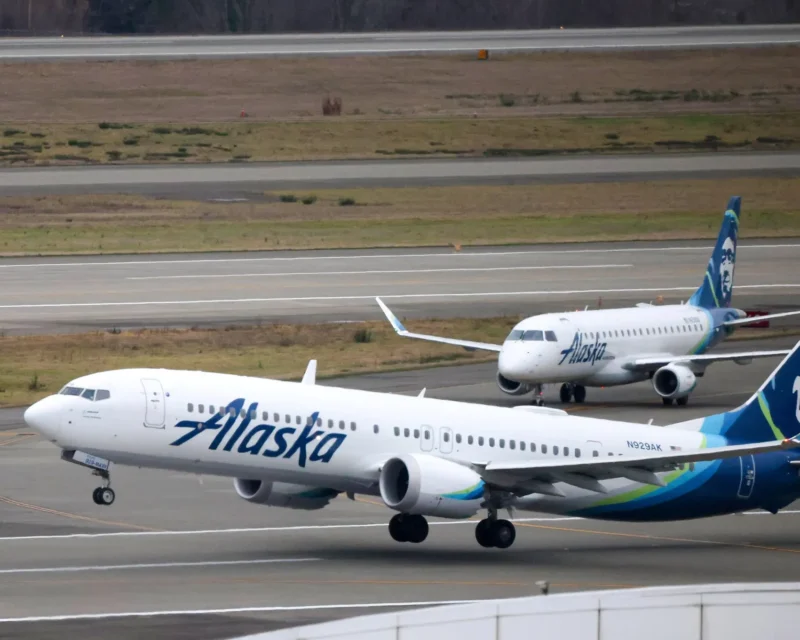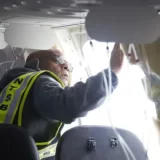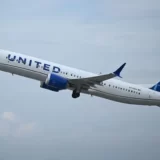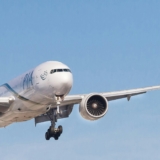Boeing and Airbus: Counterfeit Titanium Scandal Rocks Aviation Industry
In a startling revelation that could shake the very foundations of the aviation industry, the Federal Aviation Administration (FAA) has announced an investigation into allegations that counterfeit titanium may have been used in the manufacturing of planes by Boeing and Airbus. The FAA’s probe centers on claims from Spirit Aerosystems that titanium entered the supply chain with potentially falsified authenticity documents.
This development is particularly troubling for a company already mired in ongoing federal investigations concerning safety issues. The potential use of counterfeit titanium could further tarnish its reputation and exacerbate its current struggles. For Airbus, this scandal marks a significant blow, dragging the European aerospace giant into the fray and highlighting vulnerabilities within the industry’s supply chain integrity.
The aviation sector relies on the impeccable quality and traceability of materials used in aircraft construction. Titanium, known for its strength, light weight, and resistance to corrosion, is a critical component in modern aircraft. The possibility that counterfeit titanium, which may not meet rigorous safety standards, has been used is alarming and raises serious safety concerns.
The FAA’s investigation aims to uncover the extent of the issue and determine how such a critical lapse in supply chain management could occur. The ramifications of using substandard materials in aircraft construction are profound, potentially affecting the safety and reliability of planes in service. This scrutiny comes at a time when both Boeing and Airbus are striving to maintain and enhance their market positions amidst fierce competition and regulatory pressures.
For the companies, this news compounds existing woes. The company has been under intense scrutiny since the 737 Max crisis, which exposed significant flaws in its safety culture and led to a global grounding of the aircraft. The prospect of counterfeit materials further erodes trust in the manufacturing practices and oversight capabilities.
Airbus, typically seen as a steadier counterpart to Boeing, now faces its own share of scrutiny. The inclusion of the French-headquartered company in this investigation underscores that no manufacturer is immune to supply chain breaches. This scandal could prompt a broader industry-wide reassessment of material sourcing and certification processes, aiming to restore confidence in the integrity of aircraft manufacturing.
The implications of the FAA’s investigation are vast. Should the allegations prove true, both Boeing and Airbus could face substantial financial penalties, mandatory recalls, and a significant hit to their reputations. More importantly, the aviation industry as a whole may need to implement stricter controls and verifications to prevent such occurrences in the future.
In an industry where safety is paramount, the notion of counterfeit materials infiltrating the supply chain is a sobering reminder of the ever-present need for vigilance and integrity. As the investigation unfolds, the aviation world watches closely, hoping for swift and decisive action to ensure that the skies remain safe for all.






